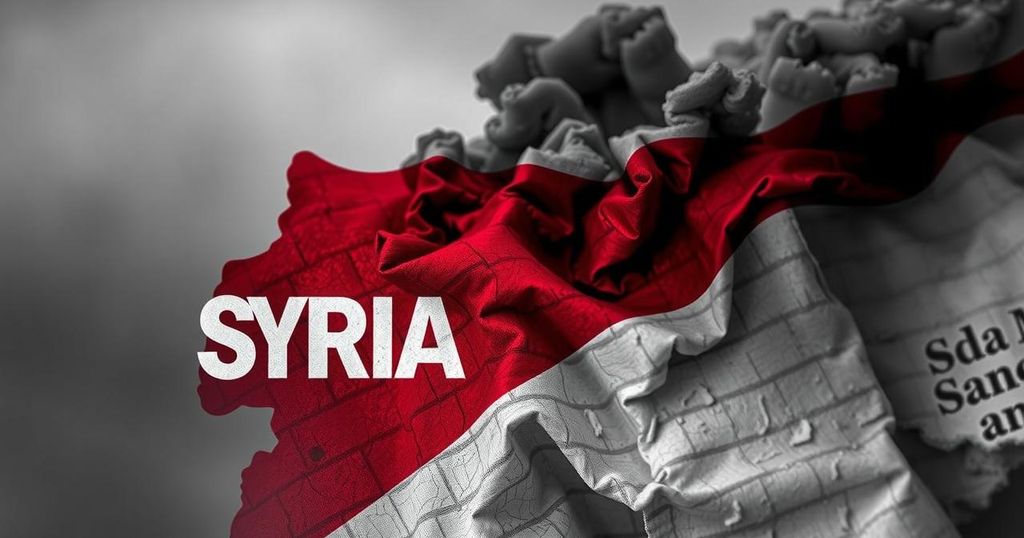Media Reactions to the Fall of Bashar al-Assad in Syria

The fall of Syrian President Bashar al-Assad has led to nationwide celebrations in Syria, marking the end of over fifty years of Assad family rule. Media outlets reported on jubilant scenes across the country, the regime’s swift collapse, and raised questions about the future political landscape and stability in Syria. The implications of Assad’s departure extend beyond Syria, posing challenges for international relations, especially regarding the United States and Iran.
Recent media coverage of the fall of Syrian President Bashar al-Assad has illuminated the historical significance of his regime’s collapse after five decades. Newspapers reported widespread jubilation throughout Syria as citizens celebrated the end of Assad’s dynastic rule. Major outlets highlighted images of celebrations in Damascus, where residents toppled the statue of Hafez al-Assad, Bashar’s father. Amidst the chaos, the rebel offensive was characterized by its stunning success, leaving the Syrian military in disarray and prompting Assad’s flight to Moscow. Numerous editorial analyses emphasized the complex nature of the emerging power structures in Syria and the implications for international relations, particularly for the United States and Iran.
The recent downfall of Bashar al-Assad marks a critical turning point in Syrian and Middle Eastern politics. His regime, characterized by autocratic rule and widespread repression, faced multiple challenges from various factions, including Islamist groups. Following the regime’s collapse, significant questions arose about the future governance of Syria and the potential for chaos amidst a fragmented opposition. The international community, especially the United States, is now left to assess the new political landscape following Assad’s departure.
In summary, the end of Bashar al-Assad’s regime elicited intense emotions ranging from celebration to concern regarding future governance in Syria. The media coverage collectively illustrates a pivotal moment that may reshape the geopolitical dynamics within the region. As various factions vie for power, the international community must navigate the complexities of engaging with these new forces, some of which may pose challenges to previous foreign policy approaches.
Original Source: www.theguardian.com






